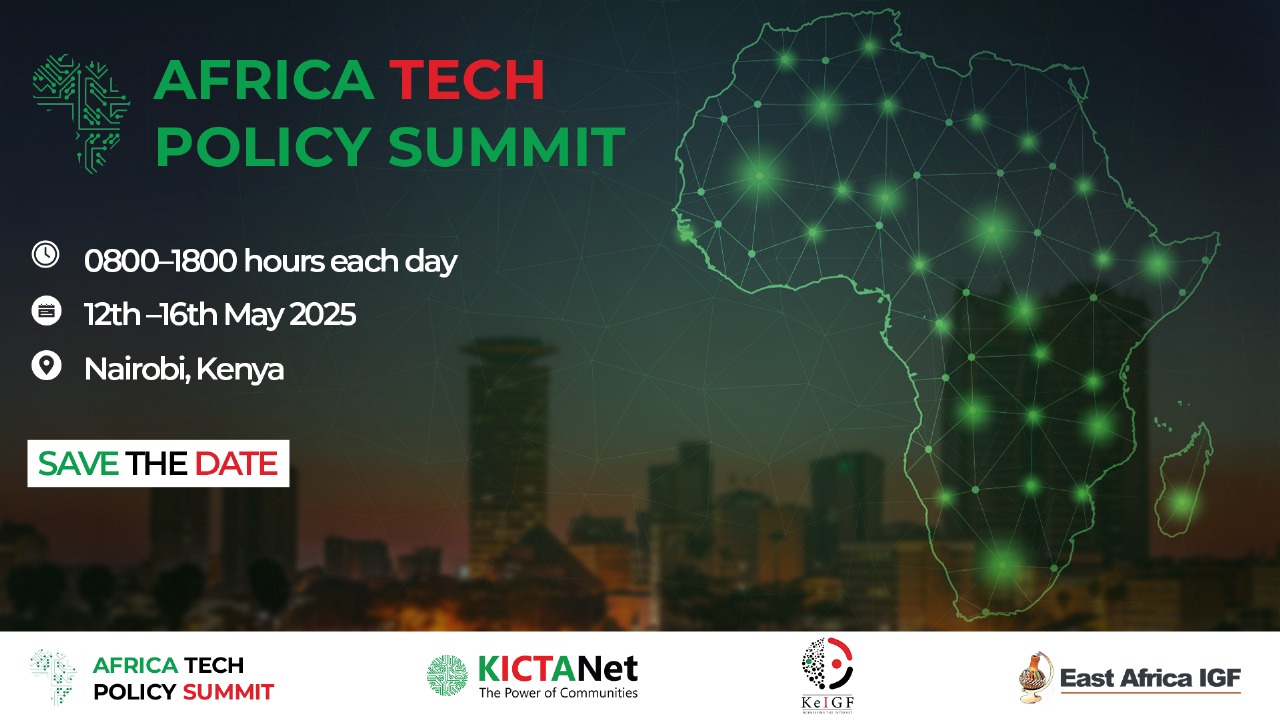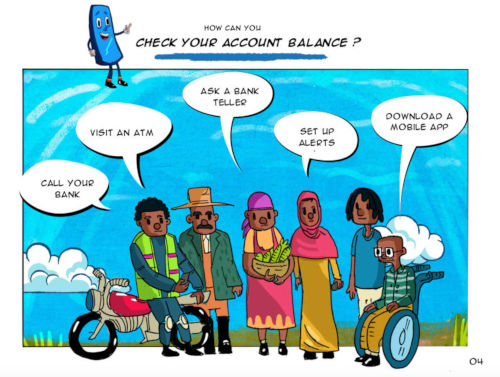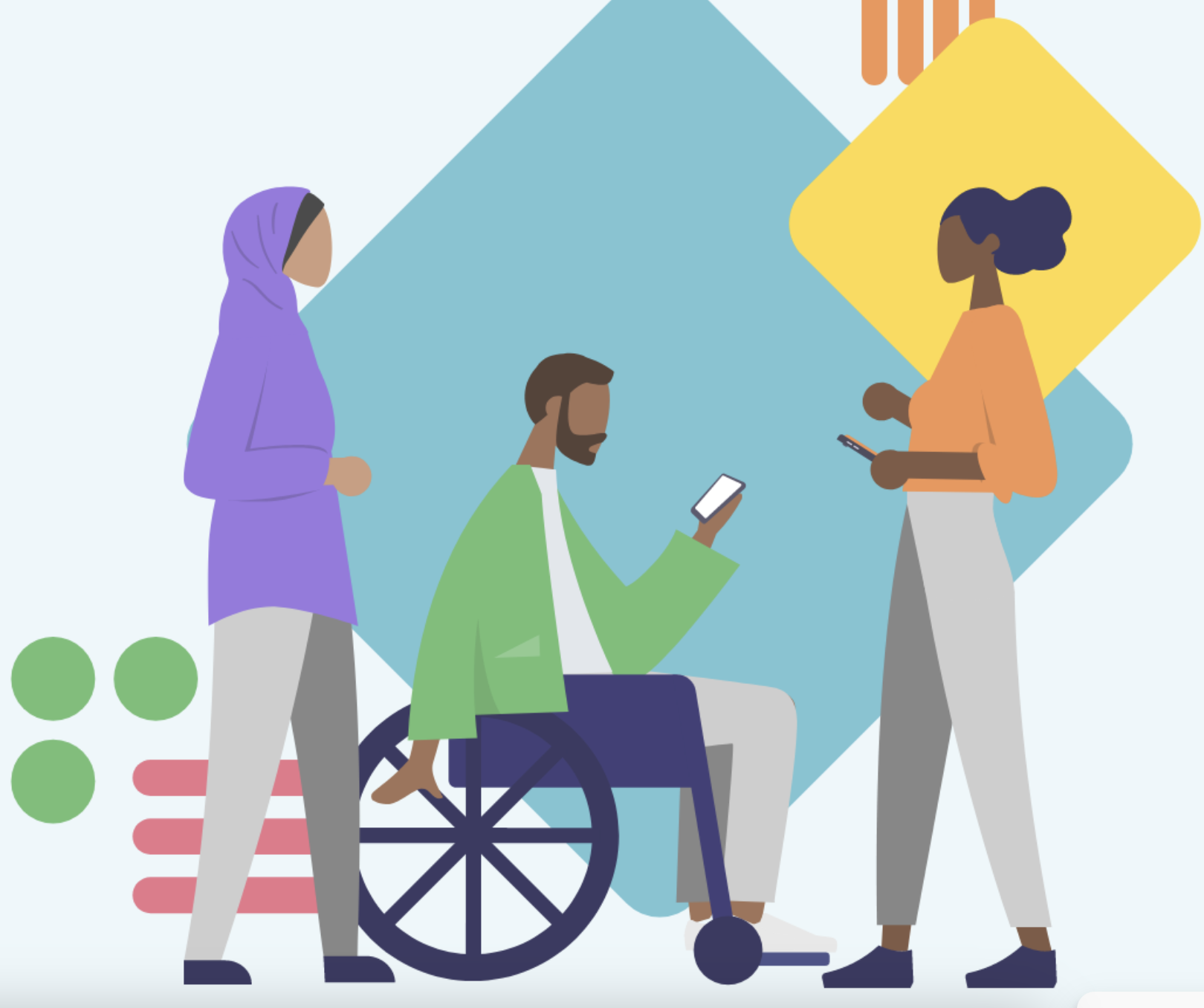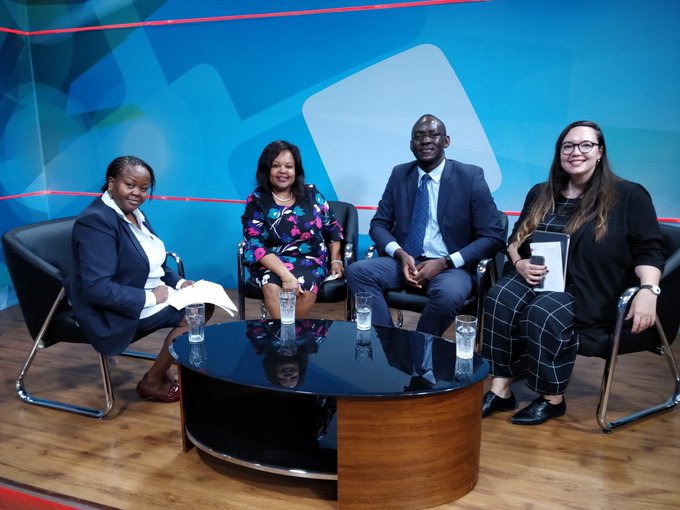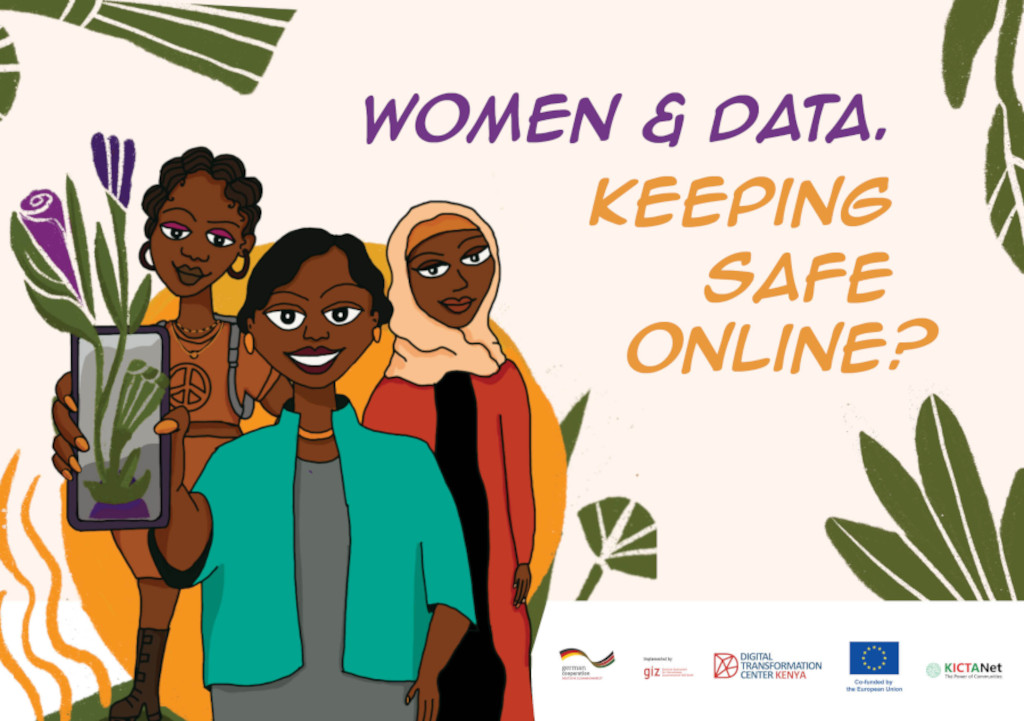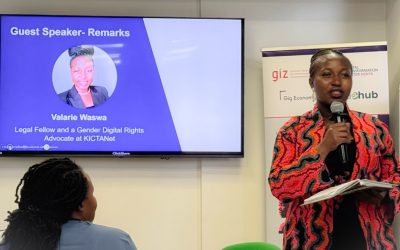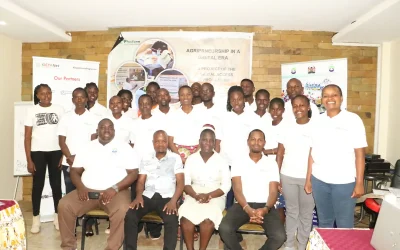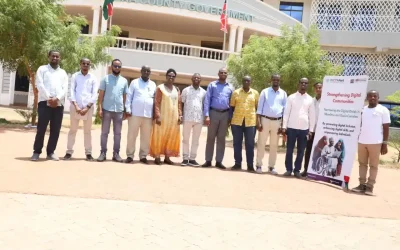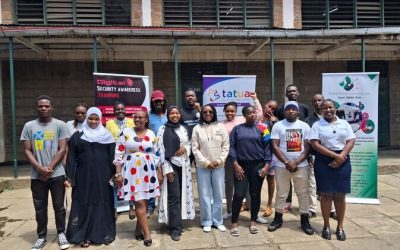KICTANET POST : Latest news, events & opportunities
Diving into Kenya’s Digital Future: Maisha Namba, eCitizen, and Data Privacy at TechMoran
Digital EconomyHighlightsHuman Rightskictanet postPrivacy 1 Apr
Women in Kenya’s Gig Economy: Charting a Fair, Inclusive, and Equitable Future
GenderHighlightskictanet post 1 Apr
27 Mar
26 Mar
Kenya’s Misinformation Code: Balancing Rights and Regulation
Access to informationFreedom of ExpressionHighlightskictanet post 25 Mar
Plusfarm Initiative Boosts Agriculture with Digital Skills in Busia
Digital EconomyHighlightskictanet post 24 Mar
22 Mar
Is Your Freedom Just a Fancy Word for “Surveillance Target”?
Freedom of ExpressionHighlightsHuman Rightskictanetkictanet postPrivacy 21 Mar
Empowering Young Women and Youth in Digital Rights and Cybersecurity.
HighlightsHuman Rightskictanetkictanet post 21 Mar
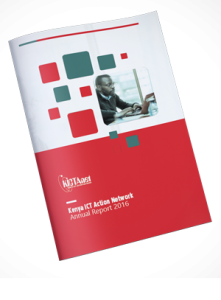
The report outlines the work undertaken in between 2007 and 2016 which is underpinned by crowd sourcing and community engagement
Click here to download the report
FACTS AND FIGURES
Achievement of the Network over the Years
Publications
Thought Leadership Forums
Persons trained
Policy Interventions
Conversations in KICTANET listserv
Active listers contributing often
Different conversation threads
Impressions on ICT policy discussions
Our Pillars
KICTANet’s organisational strategy:
Policy Advocacy
We bring stakeholders together to discuss on the best policy alternatives and also monitor the progress of policy development processes.
Capacity building
To ensure continuity and diversity in the policy development, we bring in new voices in the different stakeholder backgrounds through training and events.
Research
Our policy advocacy and capacity building are supported by evidence based research through an established working group on both current and emerging issues.
Stakeholder engagement
We facilitate stakeholder engagement through collaborative initiatives in face-to-face Town Hall meetings, and in the KICTANet?s interactive mailing list where multiple stakeholders engage regularly on ICT policy issues.
Featured publications
Reports, Manuals etc
Featured publications
Reports, Manuals etc

